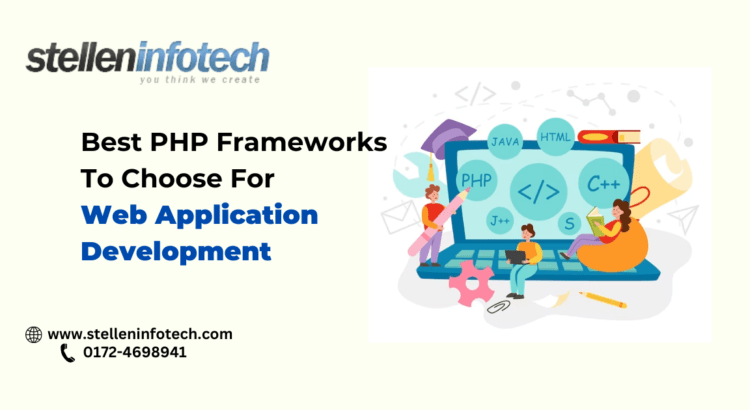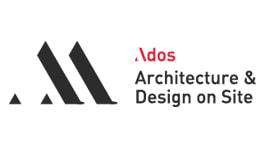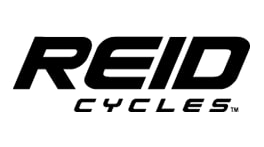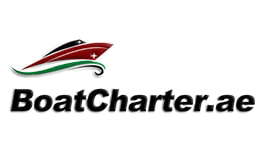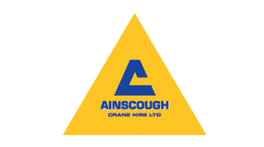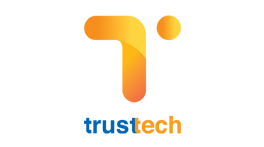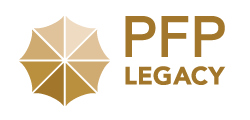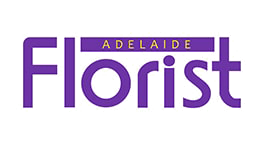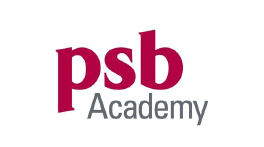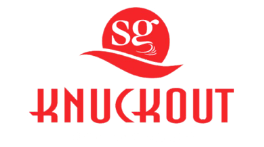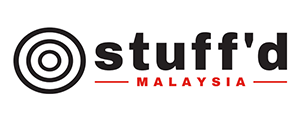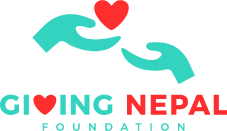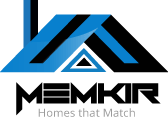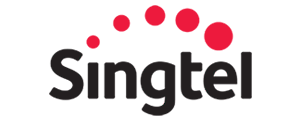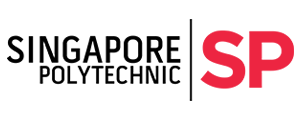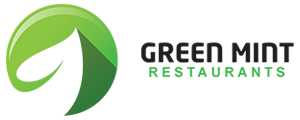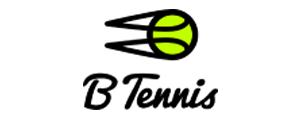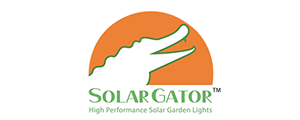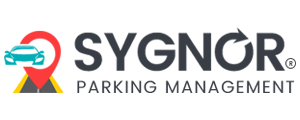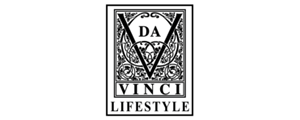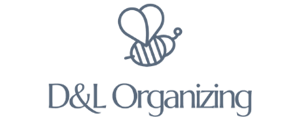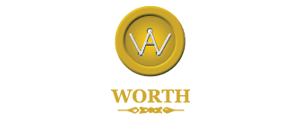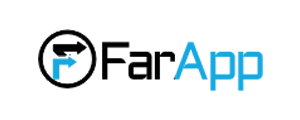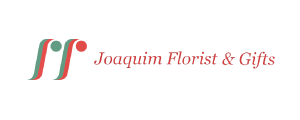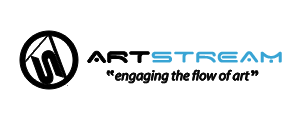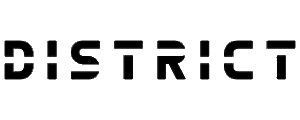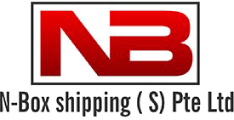When it comes to web application development, choosing the right framework can make a huge difference in terms of efficiency and ease of use. PHP is one of the most popular programming languages for web development and has a wide variety of frameworks to choose from. Some popular PHP website development frameworks include Laravel, CodeIgniter, and Yii. All these can help streamline the development process. Furthermore, these frameworks provide developers with a set of tools and libraries to help them build robust, scalable web applications quickly and easily.
In this write-up, we will discuss these best frameworks for the Web application development in detail , covering everything from features to benefits.
6 Top PHP Website Development Frameworks
Laravel
Laravel is a free, open-source PHP web framework popular for its elegant syntax and simple, yet powerful tools. It is built on top of the PHP language and provides a huge number of features, including routing, authentication, and caching. In addition, Laravel has a built-in command line interface (CLI) that allows developers to quickly create and manage web applications.
Some of the main features of Laravel include:
Laravel Homestead: It is a pre-packaged feature box providing a virtual website development space, eliminating the need to install any web server. Furthermore, Laravle in itself is a package of extensive features and functionalities. It allows easy configuration and customization of complex apps: easy encryption, data migration, authentication, and more.
Artisan Command-Line Interface: Laravel’s Artisan CLI provides developers with a set of helpful commands that are useful in generating boilerplate code, perform database migrations, and more.
Community Forum: Laravel is a great pick because of its vibrant community forum and tutorials. Because of this, learning to code in PHP and utilizing Laravel becomes simple for beginners.
CodeIgniter
CodeIgniter is a lightweight PHP framework popular for its ease of use and small footprint. It is ideal for small-scale web applications and has a simple syntax that makes it easy for new developers to begin with. Moreover, CodeIgniter has a built-in caching system, which can greatly improve the performance of web applications.
Some of the key features of CodeIgniter include:
Lightweight and Fast: CodeIgniter has a small footprint and requires minimal setup, making it a popular choice for developers who want to quickly begin with website development. It is also fast, as it uses a simple and efficient system for loading and executing code.
Model-View-Controller (MVC) Architecture: CodeIgniter follows the Model-View-Controller (MVC) architectural pattern. It separates the application’s data, presentation, and control logic. This helps to keep the code organized and maintainable.
Database Support: CodeIgniter provides built-in support for working with databases. Also, it includes support for a wide range of database management systems such as MySQL, PostgreSQL, and SQLite.
Form and Data Validation: CodeIgniter provides built-in support for form and data validation. Thus, making it easy to ensure that the data entered by users is valid and safe to use.
Security: CodeIgniter includes several built-in security capabilities, such as input validation and XSS filtering. It helps to protect your application from security threats.
CakePHP
CakePHP is an open-source web development framework written in PHP. It follows the Model-View-Controller (MVC) architectural pattern and is designed to make it easier to build, maintain, and scale web applications.
Some key features of CakePHP website development framework include:
Convention Over Configuration: CakePHP uses a set of conventions to automatically generate the structure and behavior of the application. Thus, reducing the amount of boilerplate code that needs to be written.
Built-in Validation: CakePHP includes a built-in validation library that helps to validate user input, reducing the need to write custom validation code.
Query Builder: CakePHP includes a query builder that can be used to generate complex database queries. Therefore, making it easier to interact with the database.
Template Engine: CakePHP includes a built-in template engine that allows you to separate the presentation of your application from the business logic.
Security:CakePHP website development framework includes several built-in security features, such as input validation, cross-site scripting (XSS) protection, and cross-site request forgery (CSRF) protection.
Symfony
Symfony is a powerful, full-featured PHP framework that is perfect for large-scale web applications. It is built on top of the PHP language and provides a wide range of tools and features, including caching, routing, and authentication. Symfony also has a large and active community, which means that developers can easily find support and resources when needed. Besides, it includes a wide range of features to help developers build robust, scalable web applications quickly and easily.
Some of these include:
Individual Modularity Settings: Symfony is made up of several standalone components that can be used independently or together as a full-stack framework. This allows developers to choose only the components they need and create a custom stack to fit their specific needs.
Dependency Injection: Symfony uses a Dependency Injection (DI) pattern, which makes it easy to manage dependencies and decouple different parts of the application.
Quick Templating With Twig: Symfony includes a built-in templating engine, Twig. It allows developers to create and organize templates simply and efficiently.
Debugging and Profiling: Symfony includes a built-in debugging and profiling tool, the Symfony Debug Toolbar. It allows developers to quickly identify and troubleshoot performance issues.
Yii
Yii is a high-performance PHP framework that is ideal for large-scale web applications. It is built on top of the PHP language and provides a wide range of features, including caching, routing, and authentication. Yii is also popular for its performance and scalability, making it a great choice for web applications that need to handle a large amount of traffic.
Some of the key features include:
In-Built Security: Yii includes built-in support for preventing common web application security vulnerabilities, such as cross-site scripting (XSS) and SQL injection attacks.
Model-View-Controller (MVC) Design Pattern: Yii follows the MVC pattern. It helps to separate the logic of an application into different components, making it easier to maintain and extend.
Caching: Yii includes caching support, which helps to improve the performance of an application by caching data in memory or on disk.
Zend Framework
Zend Framework is a powerful, full-featured PHP framework that is perfect for large-scale web applications. It is built on top of the PHP language and provides a wide range of tools and features, including caching, routing, and authentication. Furthermore, Zend Framework has a large and active community, which means that developers can easily find support and resources when needed.
Some of the key features include:
MVC: Zend Framework implements the Model-View-Controller (MVC) pattern. It helps to separate the logic of an application into different components, making it easier to maintain and extend.
Object-Oriented Design: Zend Framework follows object-oriented design principles and encourages developers to use best practices such as dependency injection, encapsulation, and polymorphism.
Security: Zend Framework includes built-in support for preventing common web application security vulnerabilities. For example, cross-site scripting (XSS) and SQL injection attacks.
RESTful Web Services: Zend Framework includes built-in support for creating RESTful web services. It enables the easy building of applications that other systems can easily use.
Extensible: Zend Framework provides a lot of features out of the box. However, it’s also highly extensible. You can replace or extend any component with your own implementation.
Conclusion
In conclusion, there are many PHP frameworks available to choose from, each with its own set of features and advantages. Laravel, CodeIgniter, Symfony, Yii, and Zend Framework are some of the best PHP frameworks for web application development and can make the development process a lot more efficient and enjoyable. The best choice depends on the specific needs of your project and your team’s experience. Consider your project requirements and choose the framework that best meets those needs.
Besides, you can hire PHP website developers at Stellen Infotech. Our expert developers have the skills and knowledge in place to build technically-rich websites. We believe in building versatile and robust websites with leading web development services that cater to your needs.
